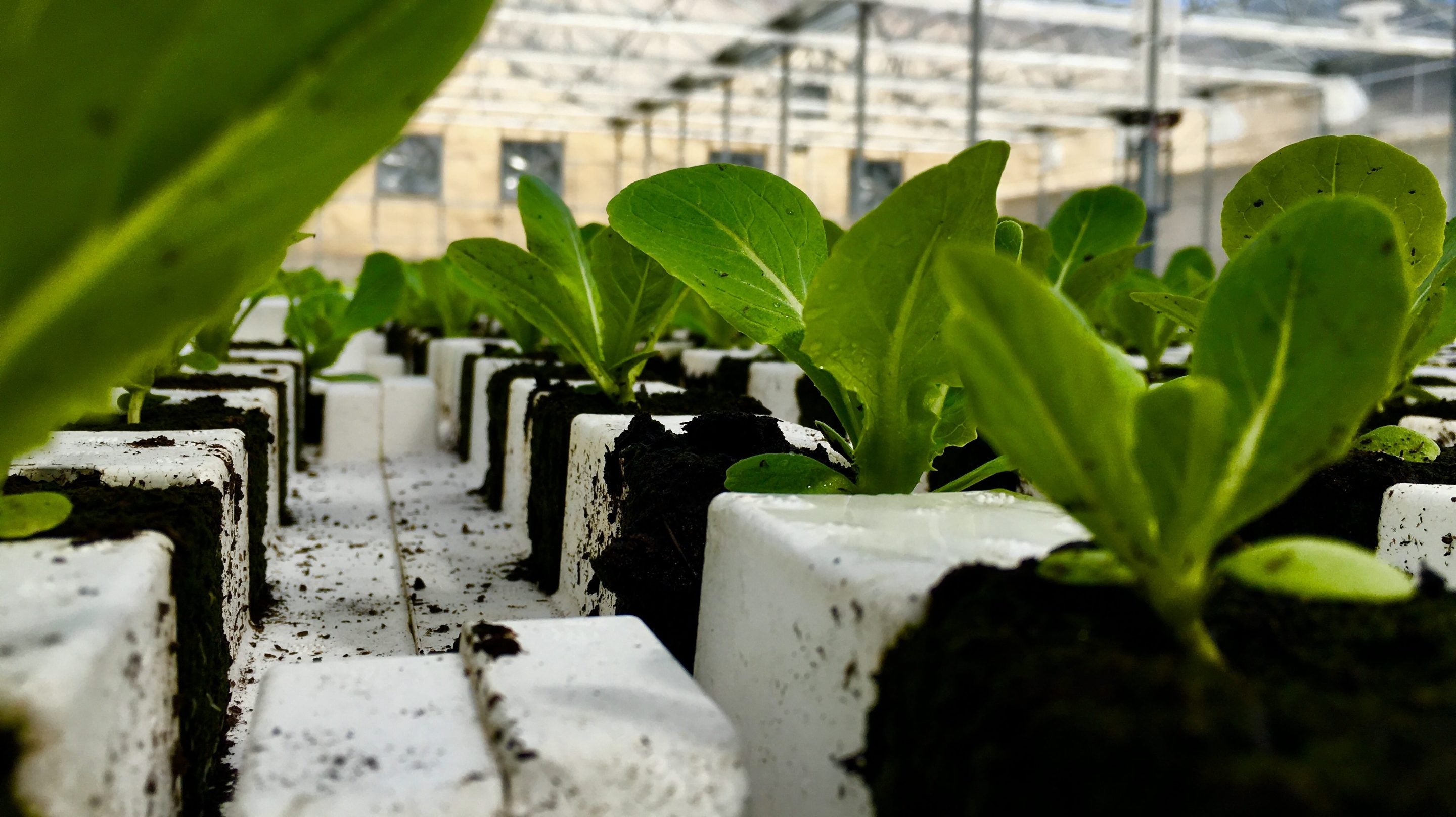
Challenges Facing Lebanese Agriculture
Lebanon’s moderate climate, rich soil, and abundant water resources provide it with key enablers to stand out in the region as an ideal location for agricultural activity. Rainfall in the country remains relatively abundant, at an average of 2.2 billion cubic meters per year, significantly higher than the regional average.
However, the main problems of this sector are improper agricultural practices leading to soil erosion and impoverishment, depletion of underground water resources, water pollution and health impacts from inappropriate use of pesticides and fertilizers, and environmental pollution from random dumping of slaughter waste and animal farms. Agriculture is also diminishing to rampant urbanization, such as in the coastal plains and in parts of the Beqaa Valley.
The government’s policies appear to be targeting the increase in the availability of water irrigation and controlling the use of pesticides, with no or little investment or incentives for water and soil conserving irrigation techniques.
Those challenges are the private sector’s main motive to initiate projects in organic indoor farming. The latter presents itself with many pros and makes us all believe that it is the future of farming. Not to mention that the Lebanese population is getting more involved in organic eating.
CEDARMAN: AN EXAMPLE TO FOLLOW
A traditional farmer’s entire job is at the mercy of the weather. A boiling hot growing season with no rain or, conversely, abundant rain could ruin your entire crop yield. And then you’re left with nothing.
We, at Cedarman, an indoor farming startup with locations in Kfarhay-Batroun, have moved the whole operation indoors; and doing so has yielded a perfect crop almost every time. We use cutting-edge Dutch technology to make every part of the growing system controllable. We are able to give the plant exactly what it needs, exactly when it needs it throughout its entire life. Therefore, we really control that process from seed to store.
We call the specially designed operating system the “brains of the farm.” It has sensors that collect data about the crops every step of the way. Millions of data points in real time is taken in and analyzed and through an algorithm, we are able to pin-point the optimal growing conditions for each crop, everything from the temperature of the greenhouse to the optimal time to harvest the crops. We are constantly monitoring, iterating, and adjusting.
Because we are this specific and not beholden to growing seasons (we can grow everything indoors all year round), we can grow more full crop cycles each year than traditional farms. Our technology can ensure the produce consistently taste good. If you think about wine, for example, the reason why a specific vintage wine is favored is because the growing conditions were optimal during that specific year. We have the capacity and the capability to control all these external variables at a very minute level all the time for all of our crops. Therefore, the crops produced by Cedarman, are the best you can get in Lebanon that are grown without pesticides, other chemicals, or genetic modification.

